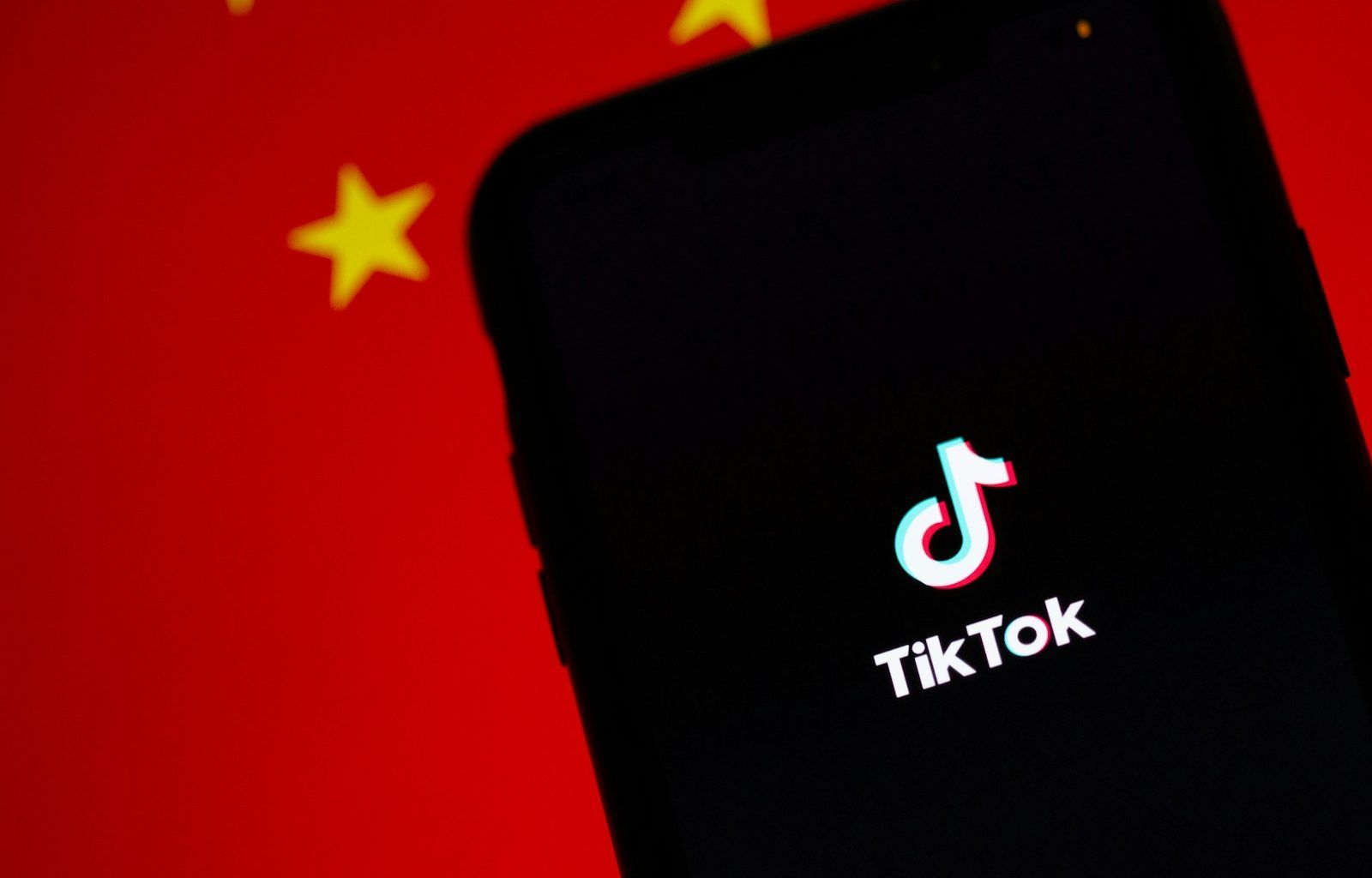Have you ever wondered tiktok when did it start became the sensation it is today? This social media platform has taken the world by storm, becoming a cultural phenomenon and a daily source of entertainment for millions. In this blog, we’ll dive into TikTok’s history, explore how it started, and discuss why it has become so popular. Stick around, and let’s explore the fascinating story of TikTok together.
The Birth of TikTok
tiktok when did it start wasn’t always known as TikTok. To understand its beginnings, we need to go back to 2016. This was the year when a Chinese tech company, ByteDance, launched an app called Douyin. Douyin was designed as a short-form video platform, allowing users to create, share, and watch videos. It quickly gained popularity in China, attracting millions of users within just a year.
But ByteDance had bigger ambitions. The company wanted to expand beyond China and take the world by storm. That’s where TikTok came into play. In September 2017, ByteDance launched TikTok, a global version of Douyin. The app offered the same features but was tailored for an international audience.
How TikTok Gained Traction Worldwide
At first, TikTok’s growth was steady but not explosive. However, everything changed when ByteDance made a strategic move in November 2017. The company acquired Musical.ly, another short-video app that was extremely popular among teenagers in the United States and Europe. By merging Musical.ly with TikTok in August 2018, ByteDance combined the user bases of both apps, instantly giving TikTok a massive audience.
This acquisition wasn’t just about numbers. Musical.ly had already built a loyal community of creators and viewers who were passionate about lip-syncing videos and music content. By merging the two platforms, TikTok inherited this community and gained a foothold in Western markets.
The Features That Set TikTok Apart
What makes TikTok so special? tiktok when did it start Why did it succeed where other apps failed? One reason is its user-friendly design. TikTok makes it incredibly easy to create and share videos. With just a few taps, users can add music, effects, and filters to their videos, making even the simplest clips look polished and creative.
Another key feature is TikTok’s “For You” page. This algorithm-driven feed shows users a personalized selection of videos based on their interests. Unlike other platforms, TikTok doesn’t require users to follow creators to discover content they’ll love. This makes the app highly engaging and keeps users coming back for more.
TikTok’s Rapid Growth
TikTok’s rise has been nothing short of meteoric. By the end of 2018, it was one of the most downloaded apps worldwide. Its growth didn’t slow down in 2019 or 2020, even as it faced competition from other platforms like Instagram and Snapchat.
The COVID-19 pandemic played a huge role in TikTok’s surge in popularity. With people stuck at home, many turned to TikTok for entertainment and a sense of connection. From dance challenges to comedy skits, TikTok became a creative outlet for people of all ages.
Why TikTok Appeals to Different Generations
Although TikTok is often associated with Gen Z, its appeal isn’t limited to younger users. The app has something for everyone. Whether you’re into cooking, fitness, fashion, or DIY projects, you’ll find content that suits your interests.
Creators on TikTok also represent a diverse range of ages, backgrounds, and talents. This inclusivity has helped TikTok build a community where everyone feels welcome. It’s not just about watching videos; it’s about participating, creating, and connecting with others.
TikTok’s Influence on Culture and Trends
TikTok’s impact extends far beyond social media. It has become a powerful driver of cultural trends, influencing everything from music and fashion to language and humor. Songs that go viral on TikTok often dominate music charts. Catchy phrases and memes from TikTok frequently spill over into everyday conversations.
Brands have also taken notice of TikTok’s influence. Many companies now use the platform for marketing, creating engaging content to reach younger audiences. Influencers and celebrities have also embraced TikTok, further boosting its popularity.
Challenges and Controversies
Like any global platform, TikTok has faced its share of challenges. Concerns about data privacy and security have led to scrutiny from governments and regulators. In some countries, TikTok has been temporarily banned or faced restrictions.
Despite these challenges, TikTok has continued to grow. ByteDance has taken steps to address these concerns, such as setting up data centers outside of China and implementing stricter moderation policies.
What’s Next for TikTok?
As TikTok continues to evolve, it shows no signs of slowing down. The platform regularly introduces new features to keep users engaged, such as live streaming and e-commerce integrations. TikTok’s parent company, ByteDance, is also exploring ways to expand its ecosystem, including launching new apps and services.
With its ability to adapt and innovate, TikTok is likely to remain a major player in the social media landscape for years to come. Whether you’re a casual viewer or an aspiring creator, TikTok offers endless opportunities to express yourself and connect with others.
Final Thoughts
So, tiktok when did it start? The journey began in 2016 with the launch of Douyin in China, followed by TikTok’s global debut in 2017. Since then, it has grown into a cultural phenomenon, capturing the hearts and minds of millions around the world.
TikTok’s success isn’t just about timing; it’s about creating a platform that empowers people to be creative, connect with others, and have fun. As TikTok continues to shape the future of entertainment, its story is far from over. Whether you’re new to the app or a long-time fan, one thing is clear: TikTok is here to stay
For further reading, explore these related articles:
- Taylor Swift Spotify Streams: How She Became the Queen of Streaming
- Mo Bamba Lyrics: The Story of a Song That Took the World by Storm
For additional resources on music marketing and distribution, visit DMT Records Pvt. Ltd..






